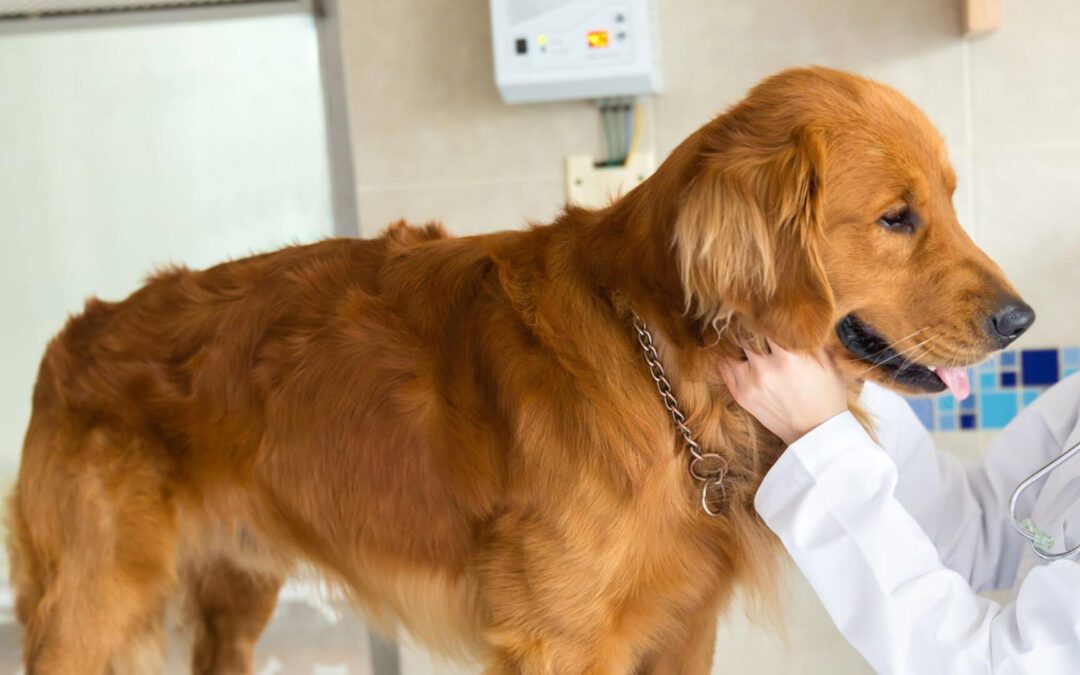At Pioneer Animal Hospital, we prioritize the health and well-being of your pets. One of the most crucial aspects of preventive care we provide is vaccination. But have you ever wondered why we vaccinate the way we do? Let’s explore the science and reasoning behind our vaccination protocols.
The Importance of Vaccination
Vaccinations are vital in protecting your pets from a range of contagious and potentially fatal diseases. They work by stimulating the immune system to recognize and fight specific pathogens. This preemptive strike ensures that if your pet is exposed to the actual disease, their immune system is primed to respond quickly and effectively, preventing illness.
Tailored Vaccination Schedules
Each pet is unique, and so are their vaccination needs. Factors such as age, health status, lifestyle, and risk of exposure influence our vaccination schedules. For example:
- Puppies and Kittens: Young animals receive a series of vaccinations starting at six to eight weeks of age. Their immature immune systems require multiple doses to build robust immunity.
- Adult Pets: Depending on the vaccine and the pet’s lifestyle, boosters are administered periodically to maintain immunity.
- Senior Pets: Older animals may have different vaccination needs due to changes in their immune systems and health status.
Core and Non-Core Vaccines
Vaccines are categorized into core and non-core:
- Core Vaccines: These are essential for all pets due to the severity and widespread nature of the diseases they prevent. For dogs, core vaccines include rabies, distemper, parvovirus, and adenovirus. For cats, they include rabies, feline distemper, calicivirus, and herpesvirus.
- Non-Core Vaccines: These are recommended based on a specific pet’s risk of exposure. Here are a few examples:
- Dogs who visit wooded/tall grass areas may need the Lyme disease vaccine.
- Cats who spend any time outdoors should be vaccinated for feline leukemia vaccine, but cats who stay indoors exclusively usually only need this vaccine if they have contact with other cats who do go outdoors.
Frequency and Timing
Vaccination timing is critical for maximizing effectiveness. Following a schedule ensures that the immune system has adequate time to respond to each dose. Too soon, and the previous vaccine may not have worn off; too late, and immunity may wane, leaving your pet vulnerable.
The Role of Boosters
Booster shots are necessary to maintain immunity over time. Some vaccines provide lifelong immunity after the initial series, while others require periodic boosters. This variation depends on the nature of the disease, the type of vaccine, and the pet’s immune response.
Monitoring and Adjusting
At Pioneer Animal Hospital, we continually monitor advancements in veterinary medicine to ensure our vaccination protocols align with the latest research. We also assess each pet’s response to vaccinations and adjust schedules as needed to provide optimal protection.
Contact Us
For more information or to schedule a vaccination appointment, please contact Pioneer Animal Hospital. Your pet’s health and happiness are our top priorities.

